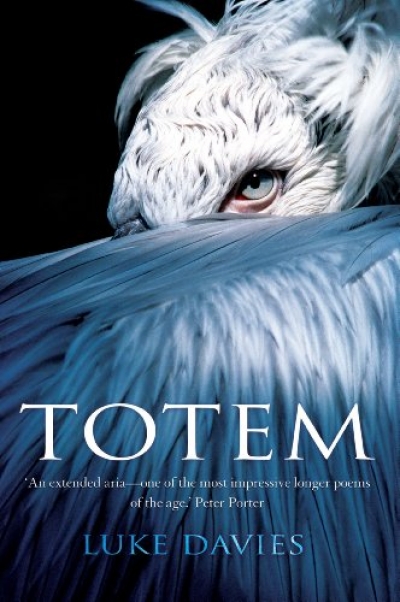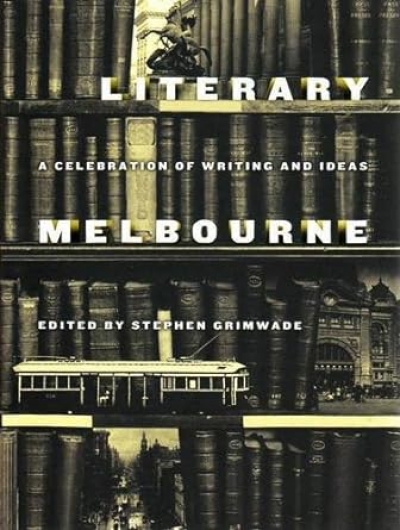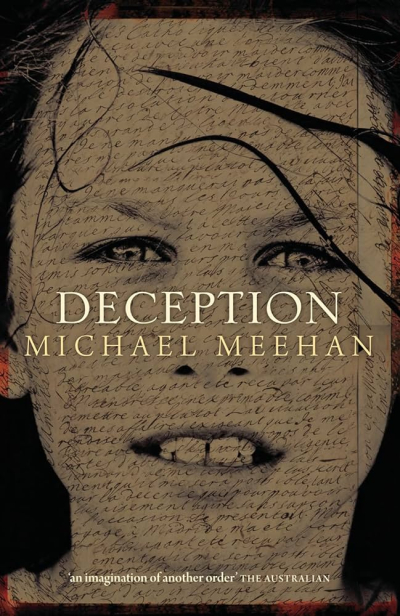Accessibility Tools
- Content scaling 100%
- Font size 100%
- Line height 100%
- Letter spacing 100%
Current Issue
Short story
Jolley Prize 2016 (Shortlist): 'Ash' by Anthony Lawrence
When he steps outside and pulls off the mask, it feels like removing a second face, the one he keeps from the ones who wouldn't understand and those who would ...
Commentary
Till ‘real voices’ wake us, and we drown: The mire of identity politics
We can learn much about a culture by listening to how it talks about its art. The way non-white writers, for want of a better phrase, tend to be reviewed in Australia tells us a lot about how we determine cultural value. Some reviewers place a premium on the author’s biography – her identity – rather than on her work itself. The reviewer avoids critical engagement with the text in favour of a kind of reverential praise of its political messaging.
The ABR Podcast
PODCAST
The ABR Podcast
The ABR Podcast is released every Thursday and features reviews, poetry, fiction, interviews, and commentary. Subscribe via iTunes, Google, or Spotify, or your favourite podcast app.
Interview
Kevin Brophy is Poet of the Month
Interview
Brian Matthews is Critic of the Month
Interview
Open Page with Anna Goldsworthy
From the Archive
Totem: Totem poem plus 40 love poems by Luke Davies
Luke Davies is best known as the author of Candy (1997), a novel about love and heroin addiction. His poetry, meanwhile, has attracted attention for its characteristic interest in how we relate to an unknowable universe; it is also unusual in that it draws on a more-than-everyday understanding of theoretical physics. In this latest volume, which comes in two parts – a long meditative poem followed by forty short lyrics, both celebrating love – an awareness of the vast reaches of space remains, although its expression is now less factual and has acquired a new subtlety.
From the Archive
Literary Melbourne: A Celebration of writing and ideas edited by Stephen Grimwade
Every now and again, the future of the book emerges as a topic of anxious discussion among literary types. Will books become obsolete, discarded in favour of electronic reading devices with sleek design and smooth contours, or merely lose relevance given all the digital distractions? Literary Melbourne is one publication which betrays no such anxieties. Published to mark Melbourne’s designation as a UNESCO City of Literature, it is not only a celebration of all things literary but an assertion of the history, relevance and power of books, writing and ideas. Yet, like the city whose literary culture it celebrates, this volume speaks rather than shouts. The muted tones of its cover, echoed throughout in shades of sepia, brown and grey, announce that this is no flamboyant publication: for all its evocation of city streets, it is an ‘indoor’ book, inviting reflection and discussion. Above all, as indicated by small courtesies such as the ‘Ex Libris’ label on the endpage and the ribbon bookmark, this is a book for booklovers, for those hopeless addicts who like to own, hold and return to their books.
From the Archive
Deception by Michael Meehan
Deception is an historical novel that adds to the emergent school of literary fiction concerned with dramatising historical investigation. As with any subgenre, certain conventions abide. The protagonist tends to be male, dour, a bit of a loner. His quest is usually sparked by a relic of some kind: a cache of letters, a photograph. Ultimately, history is shown to impinge on the present; the musty conundrums surrounding the relic are resolved; the protagonist may experience a vague epiphany.



























